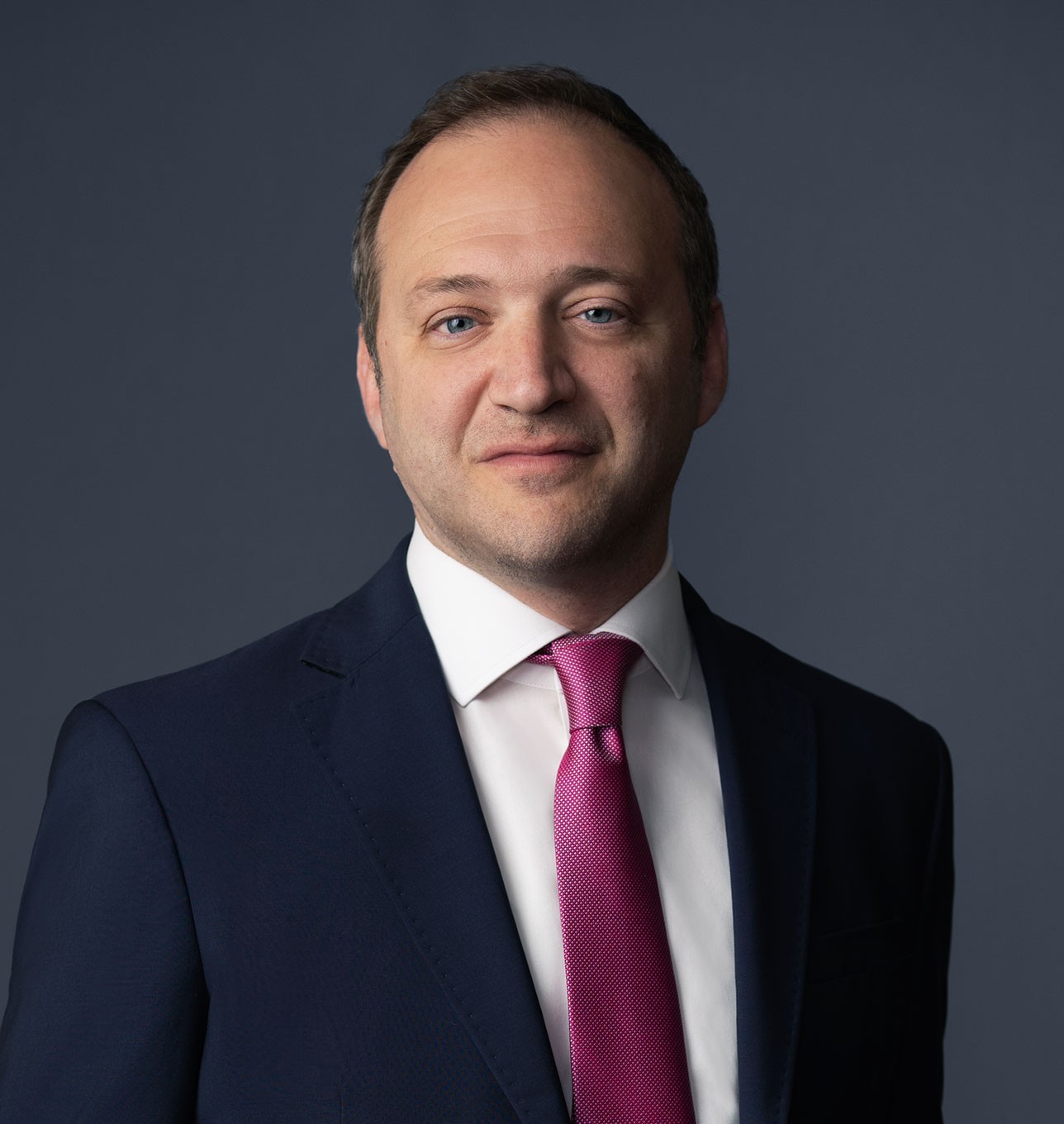Proposed SEC Rule Change Would Eliminate After-Tax Clawbacks in Private Funds
On February 9, 2022, the US Securities and Exchange Commission (“SEC”) issued proposed rules that, if implemented, would result in a profound alteration of core elements of the private fund sector (the “Proposed SEC Rules”). One such proposed rule would prohibit the general partner of a private fund (a “General Partner”) from reducing the amount of the General Partner’s clawback obligation (the “GP Clawback”) by actual, potential or hypothetical taxes applicable to the General Partner (or its affiliates). This aspect of the Proposed SEC Rules would apply to all sponsors of “private funds,” not just those who are registered investment advisers.1
The GP Clawback is a common feature in private equity funds. In the typical private equity fund arrangement, the General Partner is entitled to a “carried interest” equal to a certain percentage of the profits generated by the fund, often 20 percent. This incentive compensation may be structured as an allocation of partnership profits or as an incentive fee. In either case, because the profitability of the fund may fluctuate over time, the amount of the carried interest may also fluctuate. Accordingly, absent a true-up mechanism, it is possible that carried interest distributions made in earlier years may result in the General Partner receiving more than its negotiated performance-based compensation over the life of the fund. For example, a fund may initially generate significant profits due to early realizations of successful investments, resulting in carried interest distributions to the General Partner. However, the fund may subsequently dispose of unsuccessful investments, resulting in losses to the fund. The GP Clawback is designed to require the General Partner to return any excess distributions of carried interest if such distributions exceed the negotiated carried interest.
In most instances, the amount of the GP Clawback is limited to the aggregate amount of carried interest distributions reduced by taxes paid, or deemed paid, by the General Partner (or its direct or indirect owners) with respect to such distributions, on the theory that the General Partner should only be required to return amounts that it actually retained. Because calculation of the actual tax liability in respect of the carried interest could be quite burdensome and difficult to demonstrate, the GP Clawback amount is often determined based on certain specified assumptions, including a hypothetical tax rate. The Proposed SEC Rules would prohibit a General Partner from reducing the amount of the GP Clawback by actual, potential or hypothetical taxes. If implemented, the Proposed SEC Rules may result in the General Partner bearing the tax liability with respect to income for which it has not received (or retained) a corresponding cash distribution. Given that a typical fund may employ a number of clawback provisions (e.g., management fee waiver clawback or deferred carry clawback) that are often calculated based on the GP Clawback, the Proposed SEC Rules could significantly reallocate the risk of tax liability under the typical private equity fund arrangement.
To justify this reallocation of risk, the SEC offers two primary arguments. First, in its view, the interests of investors to receive their share of fund profits justifies the burdens on General Partner, including the obligation to amend the General Partner’s and/or the fund’s tax returns. Second, the SEC believes that the General Partner has control to defer or otherwise delay payments or allocations of carried interest, particularly if the General Partner is concerned about the possibility of a clawback. In this regard, we note that the General Partner may not necessarily have the ability to defer income allocations with respect to its carried interest, and depending on the structure of the fund and the tax treatment of the carried interest, such control may only exist insofar as the General Partner has the ability to negotiate (or renegotiate) the terms of its incentive compensation. The SEC acknowledged in its request for comments that these mitigation techniques may not be simple for the General Partner to implement.
Furthermore, it is less than clear whether the General Partner would be able to receive a full refund of taxes with respect to income subject to the GP Clawback by amending the fund’s and/or the carry recipient’s tax returns for a prior tax year. In addition, retroactively changing allocations through amending the tax returns can raise a number of tax and commercial issues that may make retroactive relief impractical. For example, amending the fund’s tax returns would be disruptive to investors whose previously filed tax returns would also be affected by such amendment. Furthermore, if the GP Clawback is reported as a capital loss in the current year of the clawback, it may result in a character mismatch to the detriment of the General Partner. Thus, while the General Partner may have a certain level of control over allocations and distributions of incentive compensations, as a practical matter, such control may not afford the General Partner the means of effectively remedying the cost of taxes it already paid with respect to income subject to the GP Clawback.
The SEC proposes a one-year transition period to provide time for advisers to come into compliance with the new rules if they are adopted. The Proposed SEC Rules do not appear to provide for any grandfathering rules for preexisting arrangements. Accordingly, funds may be required to amend their documents to eliminate the after-tax clawback limitations, which could result in larger-than-expected clawback obligations for fund sponsors that find themselves currently in a clawback position with respect to one or more of their funds.
Investors are generally expected to welcome the Proposed SEC Rules, however, the proposal may change market terms in general. For example, to control for fluctuation of profits and reduce the likelihood of a GP Clawback obligation, fund sponsors may move to a European-style or back-end waterfall that would delay distributions of carried interest to the General Partner until all of the investors have received their capital and preferred return. It is also possible that fund sponsors may become more resistant to agreeing to a GP Clawback in general in order to avoid any adverse consequences resulting from these Proposed SEC Rules. It remains to be seen how fund sponsors will adapt to these new rules.
The SEC has requested comments on the Proposed SEC Rules. The comment period is open to the public until the later of April 11, 2022, or 30 days after publication in the Federal Register.
1 Accordingly, this aspect of the Proposed SEC Rules would also apply to “exempt reporting advisers” and other investment advisers exempt from registration. Because the SEC Proposed Rules are (with one exception) limited to “private funds” (as defined), the rule will not apply to certain types of real estate funds and other investment pools that do not fall within the definition of “private fund.” In addition, the SEC Proposed Rules will generally not apply to fund sponsors based outside the United States with respect to investment funds organized outside the United States. Please see our forthcoming in-depth analysis of the Proposed SEC Rules for more information.






